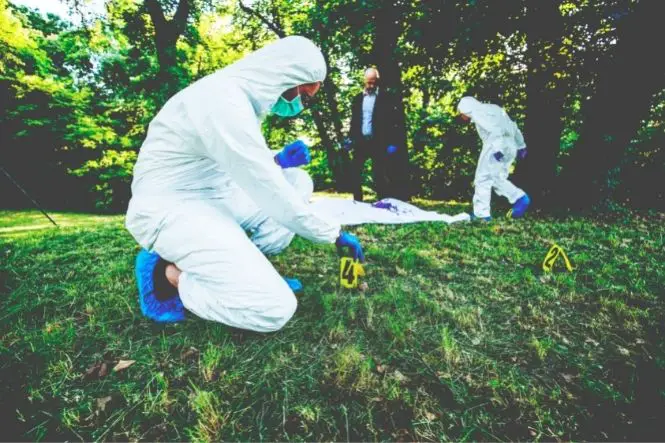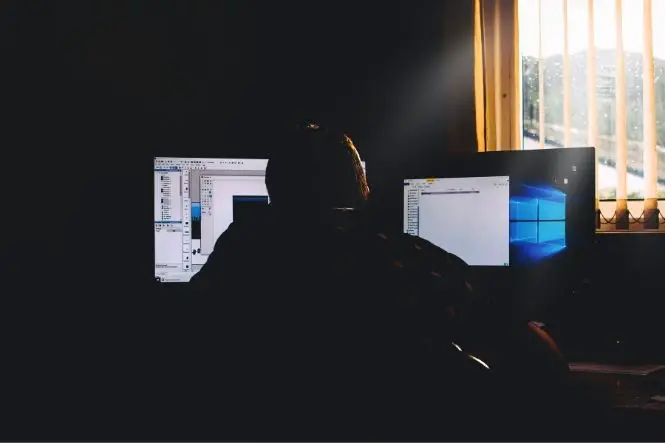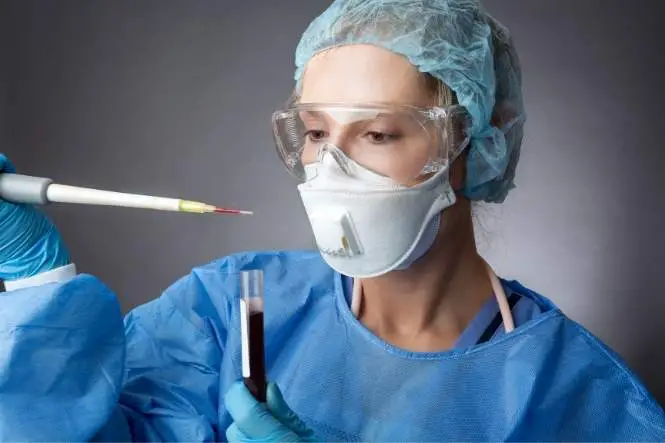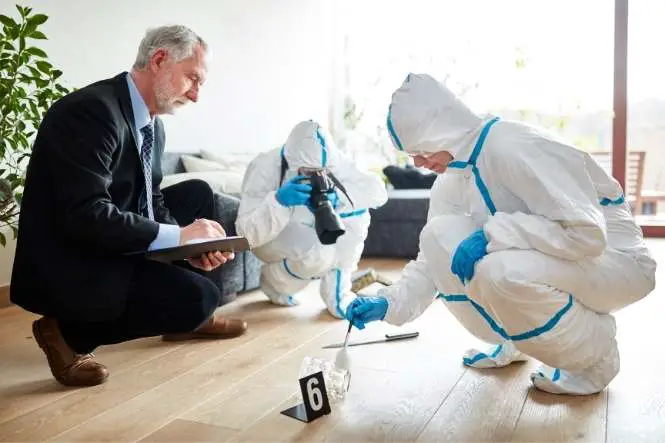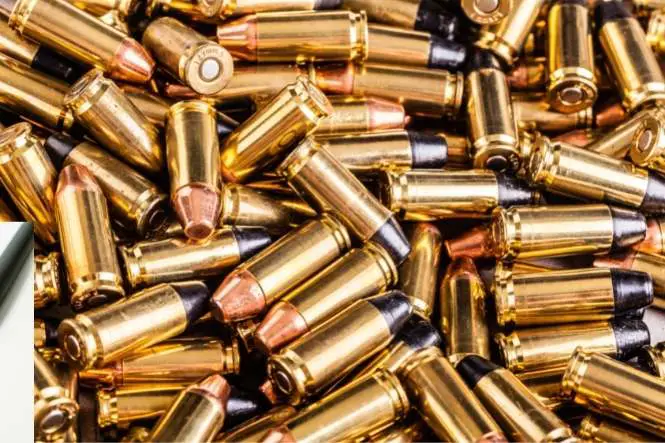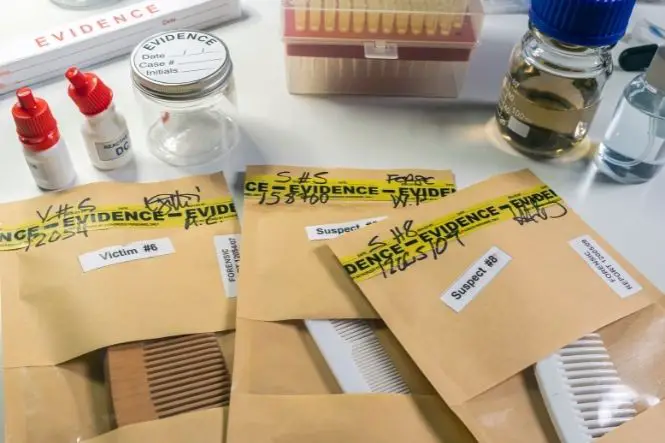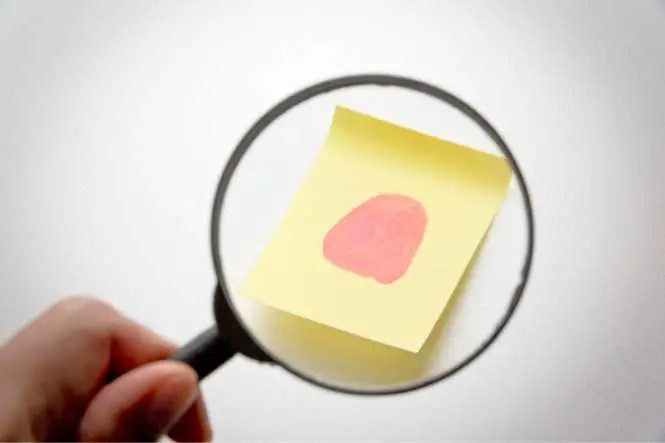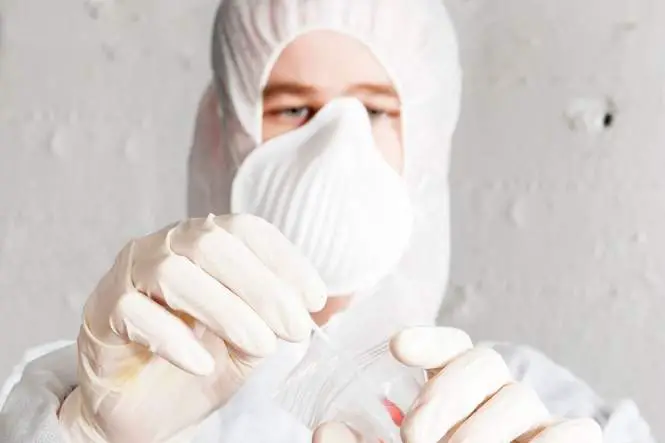What Does Forensic Science Fall Under?
Forensic science is a fascinating field that combines scientific knowledge with criminal investigations. It is the application of scientific methods and techniques to collect, analyze, and interpret evidence from crime scenes and other types of incidents. Forensic science falls under the broader category of forensic studies, which includes forensic anthropology, …

